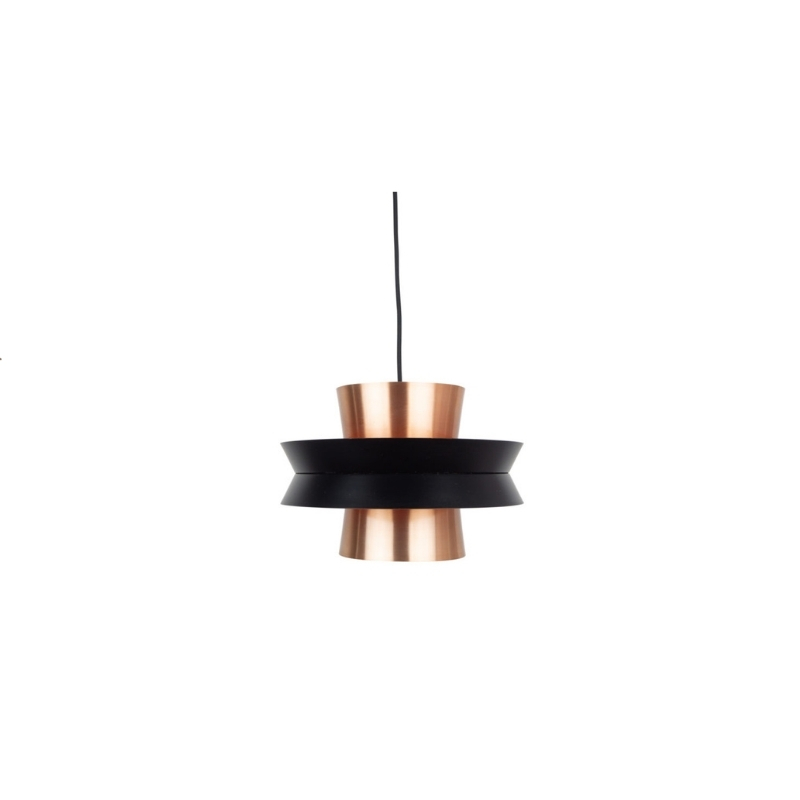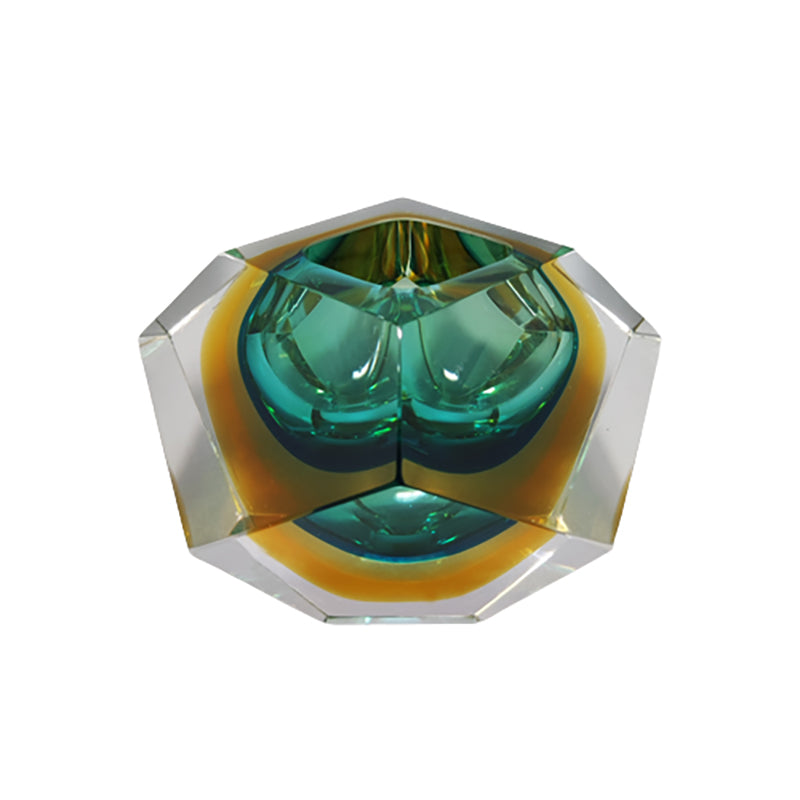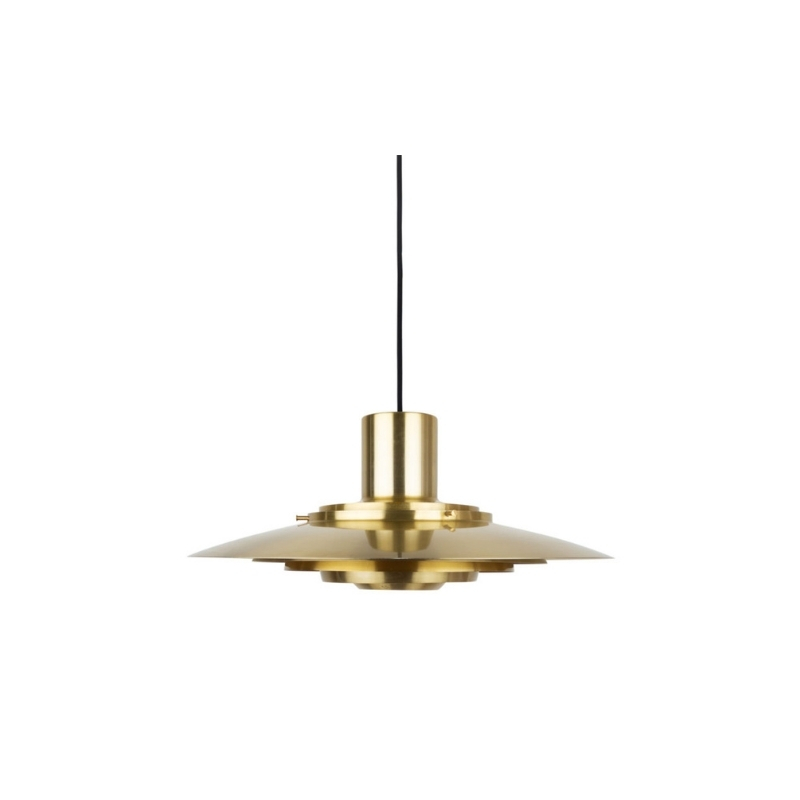Hi DAs,
Been following this forum for a while and am always impressed by the knowledge of those that contribute here. Just starting out in my journey through beautifully designed furniture, but this one has stumped me for a while now. We purchased this Hi-Fi/Credenza, a few years ago now, and it is the piece that started my addiction to well designed and built furniture.
So here is what I know, and I apologize for the poor picture quality:
- This was purchased at an estate sale from a very well to do family. This family was supposedly executive level in a large hotel chain. They lived in Northern Europe for many years through the 60's and 70's. The daughter thought the piece was custom built for the original owners.
- no maker marks, only the label from the import company that brought it back into the US when the family returned here.
- it is two pieces. The main cabinet sits on top of a solid teak slat-type bench.
- dimensions are 91.75"x18"x36.5
-louvers are moveable
- came with a dual model 1019 turntable, fitted with a euro plug, installed
- top compartment (where TT is), fitted with brass piano hinge.
- front compartment fitted with knife hinges
- louvered doors, and base are solid, all fascias and shelves appear to be veneer
This is what I know. I can answer anything else that might be more specific. I suspect it may be bespoke, but I thought I would give you all a crack at it. I have searched high and low, but have been unable to find anything like this on the internet (the louvered doors seem to be pretty rare).
Also, this is a piece from my collection. I love this piece and have no intention of selling. Any insight you could give would be greatly appreciated. Thanks! <img class="wpforo-default-imag
<img class="wpforo-default-imag
Zephyr, I usually pay attention when I hear your name.
I would tend to believe the seller in saying that this was custom. It is surprising to see a HiFi on top of a bench. I just can't see the expense of a solid teak slat bench hiding underneath in any sort of production.
It does seem to me that quite possibly the bench might have been a standard piece from the maker, and the customer wanted a HiFi to sit on top. And if that is true, the bench might actually be the key to identifying the piece.
Any chance of photos of the bench separated? In fact let's see more photos of everything.. There is a wealth of surprising detail here.
Thanks mgee, I feel the same way. Picking this up kinda ruined me. We paid a little over 100USD for it, and I searched high and low, unsuccessfully, for a deals like this since. I guess that is part of the fun collecting mid-century designs, scouring the rough for the diamonds .... I just wish I knew more about it, have been coming up blank in my searches for years now...
Stay tuned, I will do an exhaustive photo documentation of the piece by this weekend, with good light, a less busy background, and a better camera than my iphone.
OK, I finally got around to emptying this out and taking better photos....
Also some additional info gathered while clearing it out:
- case is teak veneer over solid wood. Veneer is thick, 1-2 mm.
- case corners seem to be joined with a sort of rabbet/mitered joint.
- interior record dividers are solid teak
- bench/stand is solid teak
- top and bottom casing pieces are matching,single pieces of veneer
- interior of shelves and casing pieces also veneered with high quality teak.
- louvers are solid teak, and articulate
- louvered doors latch with a spring loaded hemispherical friction latch
- also found a label, but I think it is just an importer's label
I will put up a couple rounds of photos.
Again, any ideas are appreciated...


A few thoughts off the top of my head:
Blockboard or, in the US, "lumber core" panels. 1960's -'80's
Lock-mitre corner joinery. I have not seen this pre-1970's
The "Global" sticker resembles a moving/transport company inventory ticket, though it's unusual to find these applied to the interior of furniture.
The whole thing feels custom-made to me. Nicely done and well thought out. The bench/base seems like it was intended for the cabinet. Perhaps made as two separate pieces to ease transport?
I can imagine a scenario in which an American audiophile assembled a high-end system of components while stationed in Europe during the early '70's and found a local cabinetmaker, perhaps through the electronics retailer, or purchased the whole set at once already housed in a custom cabinet.
Let me expand on what tktoo said a bit. The carcass is lumbercore, which is a bunch of strips of softwood (pine, etc) loosely glued between two pieces of ~1/8 cross banding veneer. The face veneer is of a conventional thinness glued on top of the cross banding (and it is glued with the grain perpendicular to the cross banding so that the grain of the cross banding does not telegraph through). So the face veneer is not actually thick.
Also, I am quite confident I am looking at walnut, not teak. Sometimes older walnut can look very teak-like, at least color-wise. But the knots and grain patterns, and tightness of the grain all show walnut. I don't know what to make of it being walnut.
The hardware is very interesting. It does not look very Scandinavian.
Concur with Leif. The "Bonn" sticker threw me, I think. Looks like walnut to me, too.
And, now that I've taken a second look at the joinery, the lock mitres appear shop-made with a power saw rather than with specialty shaper knives. This could date it earlier, though the cut-outs in the back look like they were made with a power router which became much more commonly available in the later '60's as did component stereo systems.
Stylistically, it's arguably '60's and European-influenced. Walnut veneer is anyone's guess. I still think it's a custom piece.
Thanks guys, I appreciate the feedback.
This is kind of what I was thinking. I figured I would throw it out there, see if anyone recognized construction techniques, or other indicators of who would have constructed it. The original owners lived in Germany, so the Bonn sticker, 2 piece construction comment, all fit with what I know.
I have to admit, I am a little surprised about the walnut though. I can see what you are saying about the grain, but the color really threw me off. Admittedly, I am still early in my woodworking practice, but I am typically pretty good at wood ID .... I will definitely yield to both of your expertise, however.
I still say that the veneer is pretty thick, but that is probably because I am used to working with the paper-thin stuff that everything is covered with now a days. Do you know if they still make lumbercore?
Anyways, thanks again.
Leif is better at wood ID than I am, but, really, in the end, who cares? Your cabinet looks fantastic no matter.
I haven't seen lumber core plywood used since the late '80's/early '90's. I'm not sure why anyone would need it nowadays, but you can try calling specialty plywood dealers. I think it was supposed to be stiffer in one axis than typical plywood, so good for shelves, etc. Also, it's better for holding fasteners on the long-grain edge.
Possible evidence of American vs. European origin might be discovered by measuring critical dimensions and the thicknesses of various panels to see if they are metric or English.
If you need any help, please contact us at – info@designaddict.com















